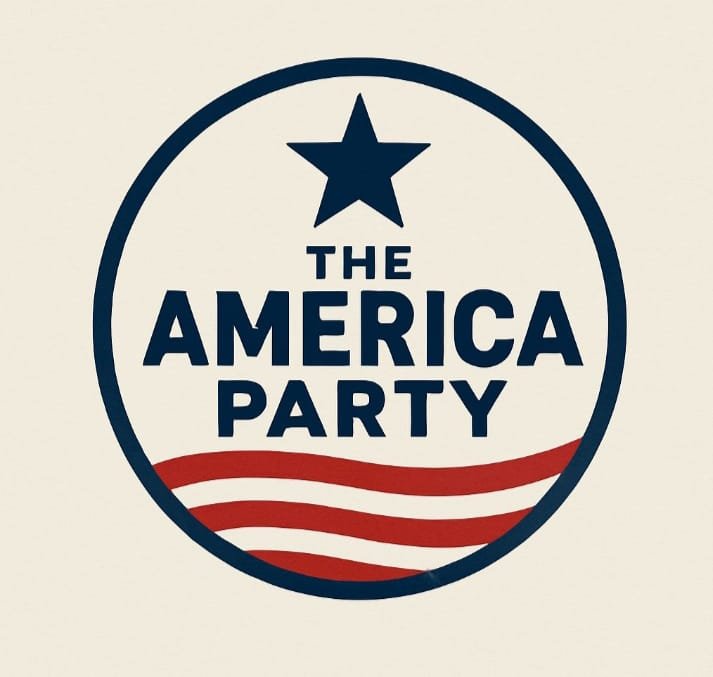
In a dramatic turn more fitting for a Silicon Valley screenplay than the somber corridors of American politics, Elon Musk — the billionaire entrepreneur who once juggled rockets, electric vehicles, and social media algorithms — has now tossed a new political party into the combustible mix of U.S. democracy. On Saturday, June 5, 2025, with his trademark flair and economy of words, Musk posted on X: “By a factor of 2 to 1, you want a new political party and you shall have it.”
And with that, The America Party was born. Not from campaign committees or ideological think tanks, but from the keyboard of a man who can sway markets with a meme. The announcement came just weeks after Musk’s public fallout with former ally Donald Trump, a political split triggered by economic disagreements, electric vehicle taxation, and, perhaps more than anything, a clash of colossal egos.
Musk’s Break from Trump: A Collision of Titans
Only a few months ago, Musk and Trump were photographed in what appeared to be political harmony, seated inside a Tesla Model S outside the White House. But that image quickly dissolved. Musk began criticizing Trump’s proposed budget, particularly a section nicknamed the “Big Oil Bill,” which drastically cut tax credits for electric vehicles. The bill was a direct threat to Tesla’s business model.
Musk didn't hold back. He tweeted, “Increasing the deficit while simultaneously insane $2T handout to oil... This will bankrupt the country.” It wasn’t just a burn. It was a flamethrower-level fallout — a nod, perhaps, to one of Musk’s more eccentric side projects.
What is the America Party?
Musk introduced the America Party as a centrist alternative to the entrenched two-party system. The initial manifesto, released in fragments online, promotes fiscal discipline, radical transparency, deregulation, and national efficiency. At the ideological core of the movement is something Musk has dubbed DOGE — short for Department of Government Efficiency. Whether the name is a cheeky nod to cryptocurrency or a genuine bureaucratic proposal, no one’s quite sure.
Though Musk hasn't filed with the Federal Election Commission, political analysts say his celebrity influence, access to massive user data through X, and personal fortune give him enormous disruptive potential. He may not need precinct captains — he has algorithms.
Insiders suggest Musk could field candidates in swing districts and presidential primaries using AI-driven voter analytics and sentiment tracking on social platforms. If so, it would mark the beginning of the first true tech-native political party.
Washington Pushes Back
Musk’s political move hasn’t gone unnoticed. U.S. Treasury Secretary Scott Berris, speaking on CNN, warned that “billionaires with business interests dependent on federal regulation should ideally refrain from political disruption.” The remark was widely seen as a veiled shot at Musk.
It's also worth remembering that Trump once appointed Musk to a federal advisory council. Now, the apprentice seems poised to challenge the master. The irony would make Shakespeare proud.
Disruption or Distraction?
The America Party is still in its infancy. But it taps into a deep fatigue within the American electorate — a growing discontent with polarization, deficit denial, and politics-as-theater. Whether Musk can turn memes and manifestos into effective governance is far from certain.
Yet if history has taught us anything, it’s that the men who build empires, whether digital or industrial, often set their eyes on thrones. In this latest saga of algorithms and ambition, Elon Musk may have launched not just another startup, but a political tremor whose aftershocks could reshape the American landscape.
Whether this is the beginning of a new movement or just another headline-grabbing distraction, only time — and the voters — will tell.





















